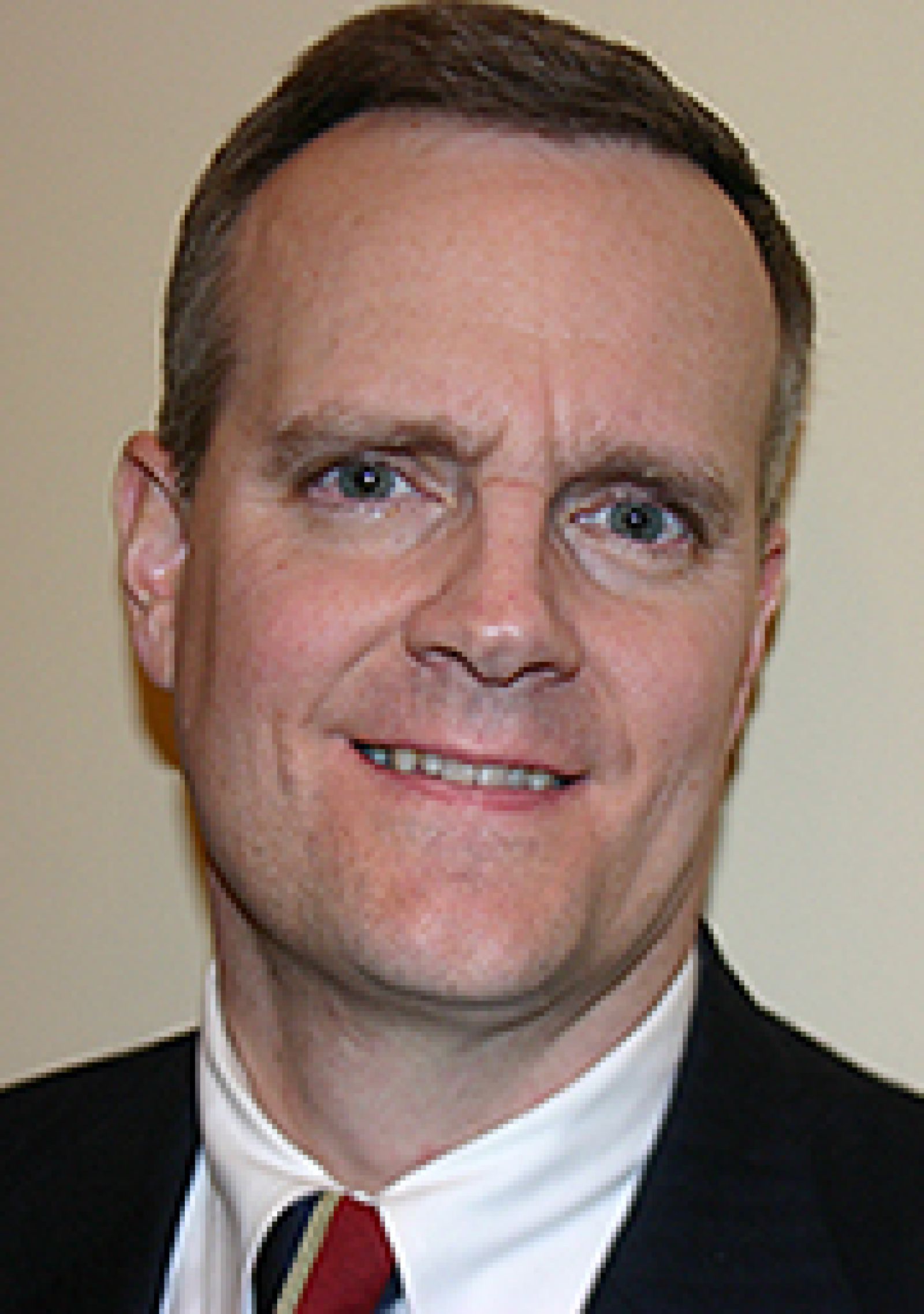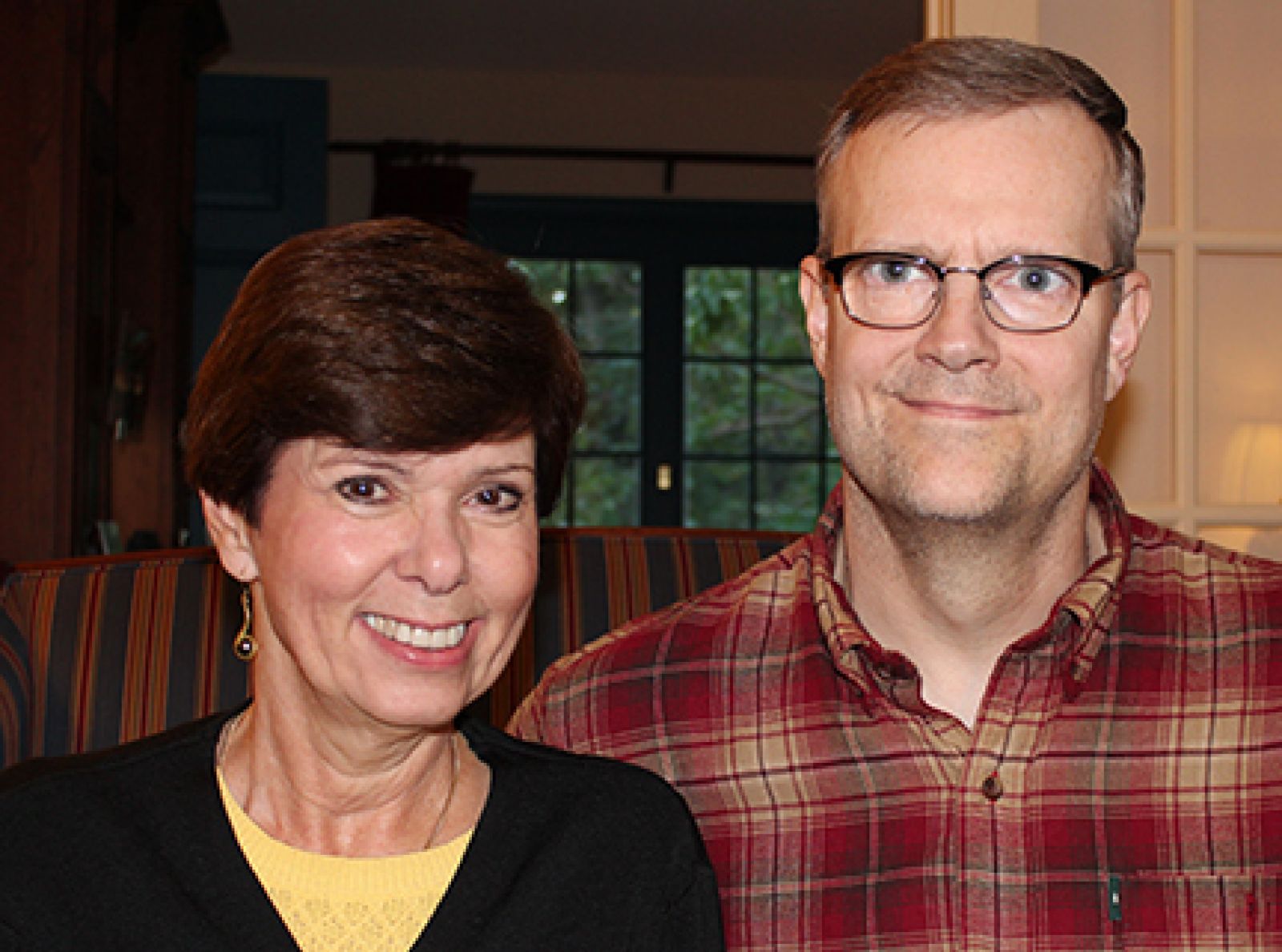Family caregivers are crucial partners

Mike Maranhas responded to watching his wife, Bela, struggle to understand what had happened to her during a three-month siege of sepsis, treatment and rehabilitation, by writing a memoir. Already a published author, Mike added research into sepsis to his notes, recollections and Bela’s medical records to write a 300-page narrative of Bela’s experience with sepsis and acute respiratory distress syndrome. The book conveys detailed medical information about sepsis in clear, accessible language. Through years of intensive caregiving and now as a member of the Sepsis Alliance and Massachusetts Sepsis Consortium, Mike advocates for patients and families dealing with sepsis and its long-term effects. He is also a business/systems analyst in the financial services industry in Boston.
Patient Safety Beat: What is the one thing you know now about sepsis that you want everyone to know?
Mike Maranhas: I agree with Bela that we need better understanding and support for sepsis survivors, for years after initial recovery in most cases. But I want to focus especially on the important role that family members play during the acute phase of sepsis and the immediate period of treatment and recovery. I want family members to understand that they are crucial partners in caregiving. Be tenacious, learn everything you can, participate in care at the hospital, ask questions, work alongside the nurses and advocate for your patient. As you become involved in the process, you will learn. Never forget that you are able to convey unique information to the medical professionals that can help determine what is best for your patient.
I also want people to know how important it is to document everything that happens, as best you can. I always had a notepad with me. I ended up using those notes to write my book, but writing things down, sometimes in the middle of the night, also helped me keep track of questions I wanted to ask and information I thought might be important that only I would know.
Some people venerate physicians to the point that they feel intimidated and reluctant to ask questions. People should remember that doctors are human, too. They make mistakes. For example, after she finished rehab and was continuing to recover at home, Bela found she was not able to increase her physical stamina. Eventually, after repeated consultation with specialists, we figured out she was on a cardiac medication that should have been reevaluated two weeks after discharge from the ICU. No one caught that, and it was holding her back. Once she stopped taking the drug, she was able to walk much further, which helped her recover.

And last, I want to mention life support, a topic no one wants to talk about. We recently saw a discussion on social media where a family member who faced deciding whether or not to terminate life support was looking for advice. The first question should be “what were the patient’s wishes” prior to getting sick. Again Bela and I were struck by the need, as difficult as it is, to ask questions and supply pertinent information in each situation. We were struck, too, by the need for support for caregivers, as well as the patient.